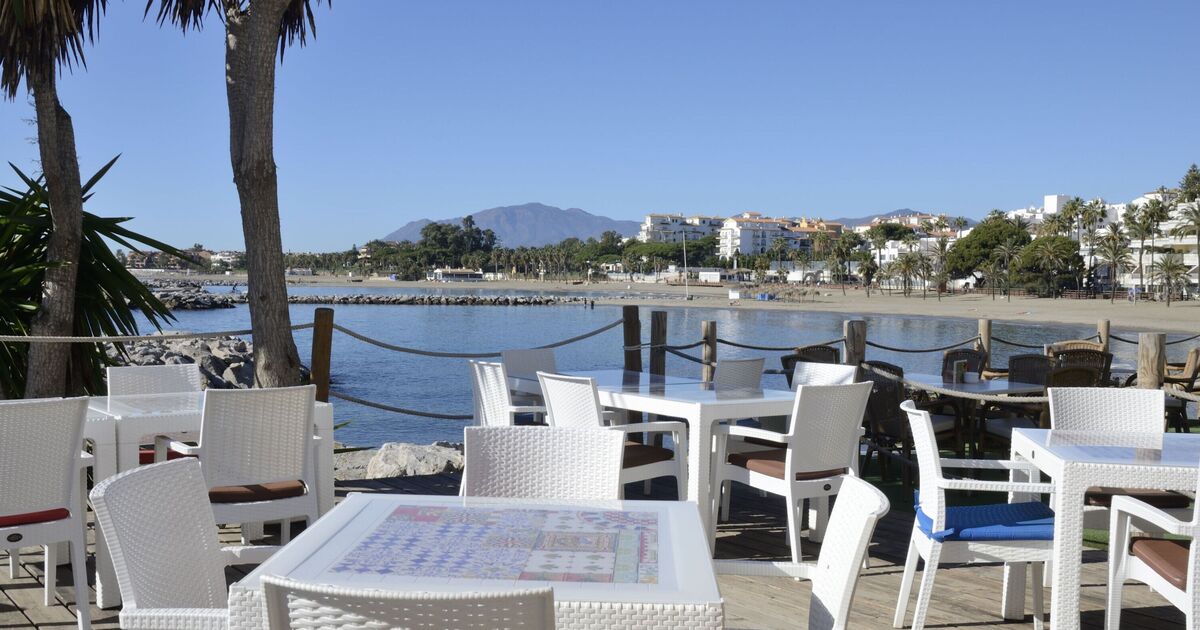Two beautiful European countries are already on track to benefit from Spain’s new wave of sweeping regulations on short-term rentals. Earlier this week, July 1, Spain’s new rules state that any property advertised for short stays on platforms such as Airbnb or Booking.com must be officially registered to operate legally.
As a result Brits looking to purchase a holiday home abroad to rent out will now turn their heads to other countries with more relaxed rules. Italy and Portugal are “poised to benefit”, says Tony Redondo, Founder at Cosmos Currency Exchange, boosting tourism and property tax revenue in their respective countries. This could massively backfire on Spain who consequently risk losing billions of euros.
He told the Express: “Portugal’s Algarve and Lisbon, with streamlined licensing and tax incentives, have seen a 10% uptick in foreign property investment since Spain announced these new regulations.
“Italy’s flexible rules, especially in regions like Tuscany and Puglia, are drawing investors with promises of higher yields and fewer regulatory hurdles.”
“These shifts could boost tourism revenue in both countries by 5-8% annually, while Spain risks losing €1-2 billion in tourism income by 2027.”
Mr Redondo says the new laws will delist an estimated 30-40% of short-term rentals in popular tourist hotspots like Catalonia and the Balearic Islands. This will cause holiday prices for some of our favourite destinations to shoot up by up to 25%.
He said: “This sharp reduction in supply is likely to push accommodation prices up by 15-25% in hotspots such as Barcelona, Mallorca, and Costa del Sol, particularly during peak seasons.
“Hotels, facing less competition, may also raise rates, impacting budget-conscious tourists the most.
“British buy-to-let owners, who own roughly 20% of Spain’s short-term rental market, face significant challenges. Compliance with new licensing, safety, and tax requirements could cost €5,000-€10,000 per property, prompting many to pivot to mid-term rentals (three- sixmonths) targeting digital nomads or to sell entirely.
“However, mid-term rentals yield 30-50% less revenue than short-term lets, creating financial strain.
“Also, Spain’s socialist-led coalition government submitted a draft bill to the Spanish Congress in May to implement a 100% tax on property purchases by non-resident, non-EU nationals, a measure first proposed by Prime Minister Pedro Sánchez in January and some may feel Spain has decided to bite the hand that has fed it so well for so long.”
Properties that did not comply by the July deadline have been removed from online platforms like Airbnb and Booking.com, with hosts risking fines, being banned from re-listing, and facing potential delays if they attempt to rejoin later.
